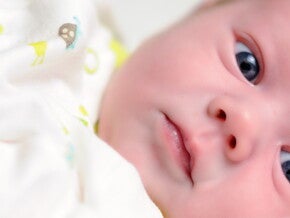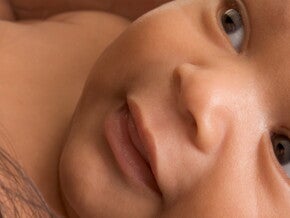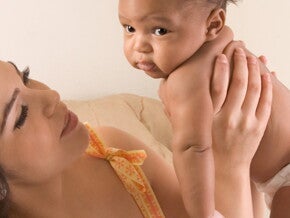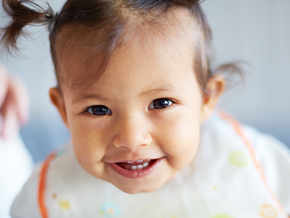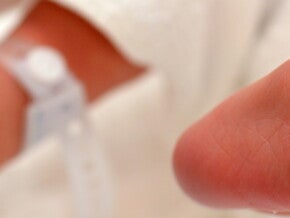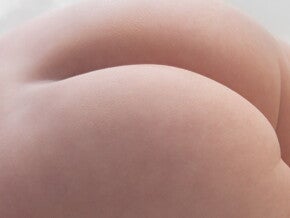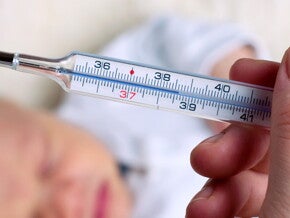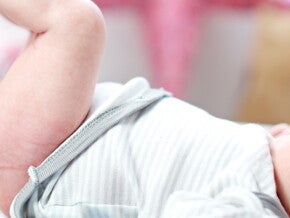
At Four Months
Baby is growing and getting excited about, well, just about everything. Especially playtime and all the things hands can touch. Hands are so fascinating! He reaches out for things, although he often overshoots the mark.
What’s more, the many cute noises and smiles you’re hearing and seeing are a good indicator of baby’s excitement and general delight. And with your support, the gurgles and smiles will only get bigger as baby starts sitting up and watching the world from a new vantage point.
LANGUAGE SKILLS
Vocalises pleasure and displeasure; makes sounds while being spoken to.
SLEEPING ZZZZZZZZZ
daily (approx.)
15-16hrs
Will probably take 3 naps during the day.
CRYING
It’s perfectly normal for babies to have crying spells that last 20–60 minutes or longer. In the first 5–6 months, crying may increase in intensity. Sometimes, despite your best efforts, baby may seem inconsolable. Soft music or singing, rocking, walking, and massaging are all ways to soothe a crying baby.
NAPPIES
The frequency of bowel movements varies among infants. Babies don’t need to have a bowel movement every day. If stools appear normal, even if baby turns red or strains during a bowel movement, there is no need for concern.
HUNGER CUES & FEEDING MILESTONES
- Gazes intently at caregiver, brings hands to mouth, socialises during feeding.
- Crying and fussing can be a late sign that baby is very hungry.
- May be distracted or notice surroundings more when full.
MOTOR/PHYSICAL DEVELOPMENT
- By 4 months: can lift head and chest, and can support self on forearms when placed on tummy.
- Can sit up with support.
- Uses hands to reach, grasp, bang and splash; swipes at and reaches for objects in view.
SOCIAL DEVELOPMENT
- Smiles and babbles when given attention.
- Pats and pulls at your hair and face.


